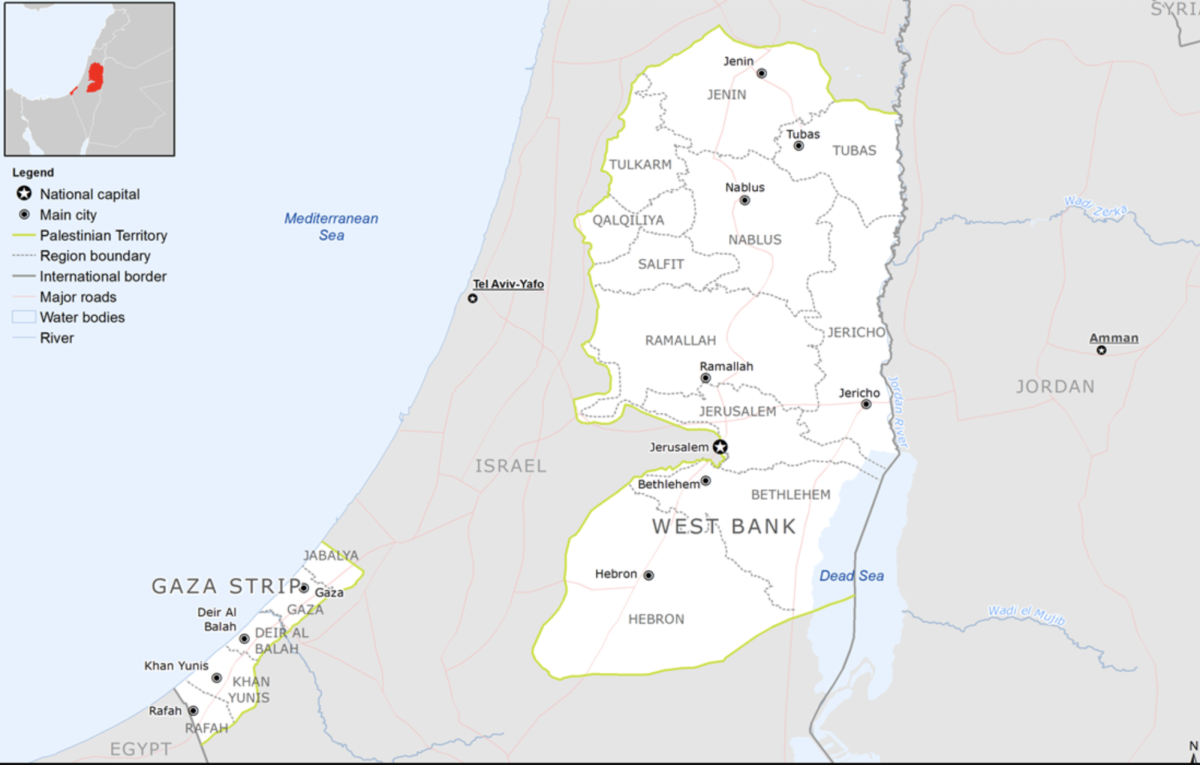Feb. 20:
The U.S. vetoed the U.N. call for an immediate ceasefire in Gaza after the bombing in the city of Rafah a week prior. The U.S. proposed their own draft for a temporary ceasefire instead, according to the BBC.
In the latest U.N. Security Council meeting, the Israel ambassador said that a ceasefire would be a “death-sentence,” according to the UN News.
FEB. 5:
The House Committee released the details of the Israel Security Supplemental Appropriations Act that includes a $17.6 billion package funding military engagements in the conflict against Hamas Feb. 3. According to AP News, the package does not mention any additional aid for Ukraine or for proposed immigration enforcement.
According to the original proposal, $801.4 million will go to “procurement of ammunition,” $10 million will go to “weapons procurement,” $38.6 million will go to “missile procurement,” and an additional $4 billion will go to defense-wide procurement, funds for which will be available until Sept. 30, 2026.
In the Research, Development, Test and Evaluation, Defense-Wide section of the act, $1.35 billion will remain available until Sept. 30, 2025, which “shall be for the Secretary of Defense to provide to the Government of Israel for the Iron Beam defense system to counter short-range rocket threats.”
JAN. 26:
The International Court of Justice granted South Africa’s request for provisional measures preventing Israel from alleged genocide against Palestinians, according to the Human Rights Watch. South Africa claimed that Israel violated the Genocide Convention. Israel has a month to respond to the verdict before further measures will be taken.
JAN. 23:
21 Israeli soldiers were killed in Gaza on Tuesday, Jan. 23. Shortly after, Khan Younis, a large city in Gaza, was invaded, according to the Associated Press. Palestinians have been forced to flee further South after tanks and other weapons left parts of the city engulfed in smoke.
The United Nations confirmed that a hospital was struck and Israel claimed that many Hamas leaders resided in Khan Younis and that they found underground Hamas infrastructure in the city, according to NPR.
After over 100 days of conflict, France and Qatar sent medical shipments and aid to Gaza on Jan. 10 to be given to Israeli hostages. Palestinian citizens in the North are also to receive additional humanitarian aid, according to the Associated Press. This includes medication, sanitary products, and likely nonperishables. Gaza was set to receive the shipment Wednesday, Jan. 17, there has been no official confirmation of the current status of the aid.
France and Qatar helped mediate the agreement between Israel and Hamas that called for a one-week ceasefire, and consulted with both sides for the most recent shipment of aid. Despite the agreement, Hamas has claimed that they will not release any more hostages until the war is over, according to NPR.
As the death toll continues to climb to 24,000 inside Palestine, officials have discussed concerns of famine and disease among the Palestinian people still inside of Gaza. The destruction of homes and hospitals has left many citizens in inadequate shelters and without consistent access to medical attention.
“While there have been some steps to increase the flow of humanitarian assistance into Gaza,” UN Secretary-General António Guterres said in a press statement. “Life-saving relief is not getting to people who have endured months of relentless assault at anywhere near the scale needed.”



